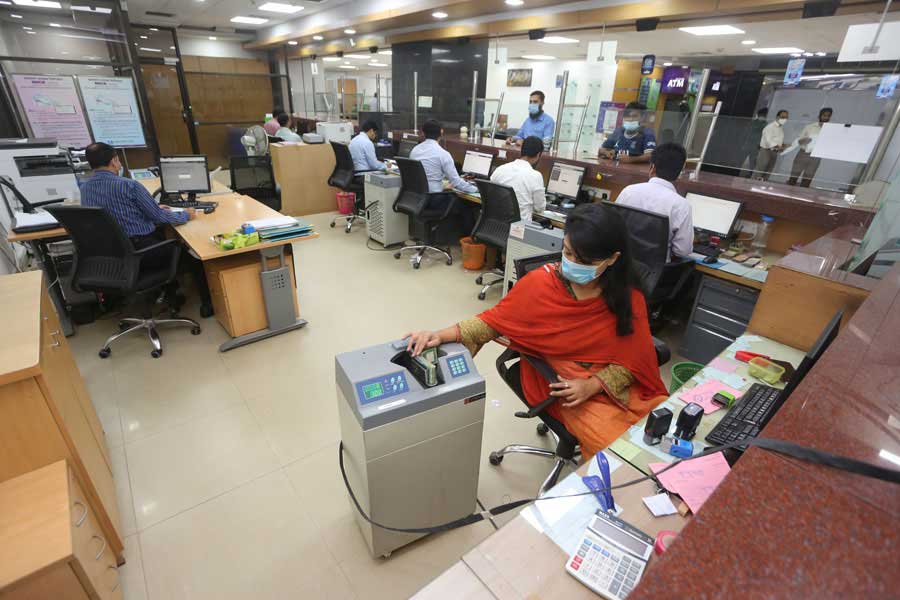
Published :
Updated :

In the complex world of finance, where numbers rule and data drive decisions, there is an intangible factor that holds immeasurable value. This is reputation. The banking industry, often seen as the bedrock of global economies, is no stranger to the perils of reputational risk. In an era of instant communication and heightened scrutiny, safeguarding reputation has become paramount for banks worldwide.
The fallout from a tarnished reputation can be catastrophic. We need not look far back in history to find examples of institutions having seen reputations crumble like a house of cards, with far-reaching consequences. The 2008 financial crisis, fueled in part by reckless lending practices, forever scarred the reputation of many banks and shattered public trust.
But reputational risk is not limited to a singular catastrophic event. It's a constant undercurrent that can be triggered by factors such as unethical behavior, cyberattacks, data breaches, or even association with controversial entities. In a world where news spreads like wildfires across social media, the impact of a reputational hit can be swift and brutal.
So, what banks can do to navigate these treacherous waters are enumerated as follows:
PROACTIVE COMPLIANCE AND ETHICAL CONDUCT: Banks must prioritize a culture of compliance and ethical conduct. This means not just meeting regulatory requirements but going above and beyond to ensure that every employee understands the importance of integrity in their actions.
ROBUST CYBERSECURITY: In an age where data is a prime target, banks must invest heavily in cybersecurity. A data breach not only compromises customer information but also erodes trust. Banks must continuously update their security measures to stay ahead of evolving threats.
EFFECTIVE CRISIS MANAGEMENT: Preparation is the key on this score. Banks should have well-defined crisis-management plans in place, ready to be activated as and when needed. These plans should outline clear communication strategies and responsibilities to minimize reputational damage during a crisis.
TRANSPARENCY AND COMMUNICATION: Open and honest communication is critical. Banks should be transparent about their operations and financial health. When a problem arises, addressing it openly and swiftly can help mitigate damage and rebuild trust.
SOCIAL RESPONSIBILITY: Demonstrating a commitment to social responsibility can be a powerful reputation-building tool. Supporting community initiatives, environmental sustainability, and ethical investments can enhance a bank's image in the eyes of the public.
TECHNOLOGY AND DATA ANALYTICS: Embracing advanced technology and data analytics can help banks identify and mitigate potential risks proactively. Predictive analytics can be used to foresee issues before they become full-blown crises.
THIRD-PARTY DUE DILIGENCE: Banks should carefully evaluate their relationships with third-party vendors, partners, and clients. Association with entities involved in illegal or unethical activities can taint a bank's reputation.
In the hyper-connected, information-saturated world we live in, reputational risk is an ever-present challenge for banks. It's not something that can be eliminated entirely, but with strategic planning, a culture of integrity, and a commitment to ethical conduct, banks can navigate these treacherous pitfalls and emerge with their reputation not only intact but enhanced. In a world where trust is the currency of the financial realm, safeguarding reputation is not just a risk-management strategy, it's a fundamental business imperative, too.
Mohd. Jamil Hossain works at Bangladesh Commerce Bank Limited as Deputy Managing Director.
He can be reached at mjamil11974@gmail.com. The views expressed in the write-up are of the writer's own and not necessarily of the organisation he represents.


 For all latest news, follow The Financial Express Google News channel.
For all latest news, follow The Financial Express Google News channel.